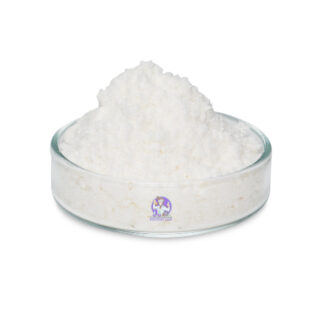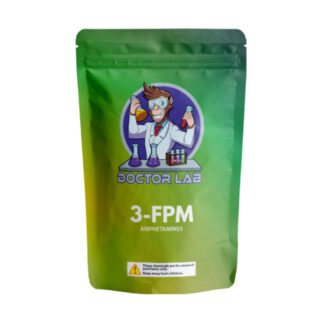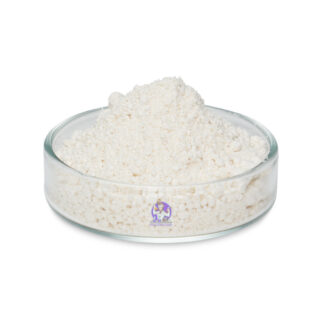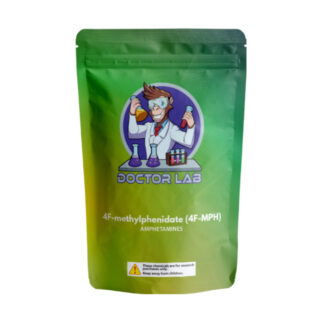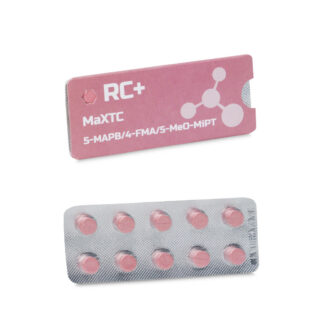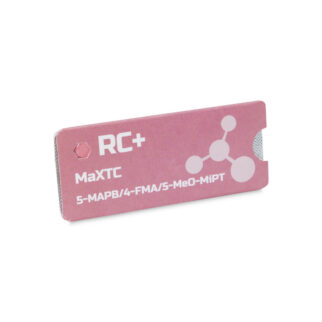Amphetamines
Amphetamine is a fascinating and controversial substance that has had a profound impact on human society since its discovery in the early 20th century. This psychoactive substance has led to both medical use and abuse, and its impact extends beyond its chemical composition. This article takes a look at the history, pharmacology, medical uses, and potential dangers of amphetamine.
History
Amphetamine, derived from the Greek word "amphetas," meaning "tireless," was first synthesized in 1887 by Romanian chemist Lazăr Edeleanu. Yet it remained largely unnoticed until it was rediscovered in 1927 by American chemist Gordon Alles. Alles noted the stimulant properties of amphetamine and explored its potential as a treatment for respiratory problems. Ultimately, this led to the production of Benzedrine, a brand name for amphetamine, which was introduced as an over-the-counter inhalant.
Amphetamine's popularity grew in the 1930s and 1940s, both as a medical and recreational drug. It was used to combat fatigue, improve concentration and as an appetite suppressant. During World War II, amphetamines were given to soldiers to keep them alert and active. This brought the material to the attention of a wider audience.
Pharmacology
Amphetamine is a stimulant that affects the central nervous system. It works by stimulating the release of neurotransmitters such as dopamine, norepinephrine and serotonin in the brain. These neurotransmitters are responsible for various processes, including mood, concentration, alertness and euphoria.
The pharmacological action of amphetamine can lead to a range of effects, including:
- Increased alertness: Amphetamine improves alertness and reduces fatigue, allowing people to stay awake and active longer.
- Euphoria: Amphetamine use can lead to feelings of intense happiness and self-confidence, which may be attractive to recreational users.
- Improved concentration: Amphetamine can improve attention and ability to complete tasks, making it attractive to people who have to work or study long hours.
- Decreased Appetite: Amphetamine is a powerful appetite suppressant and is sometimes used for weight loss.








